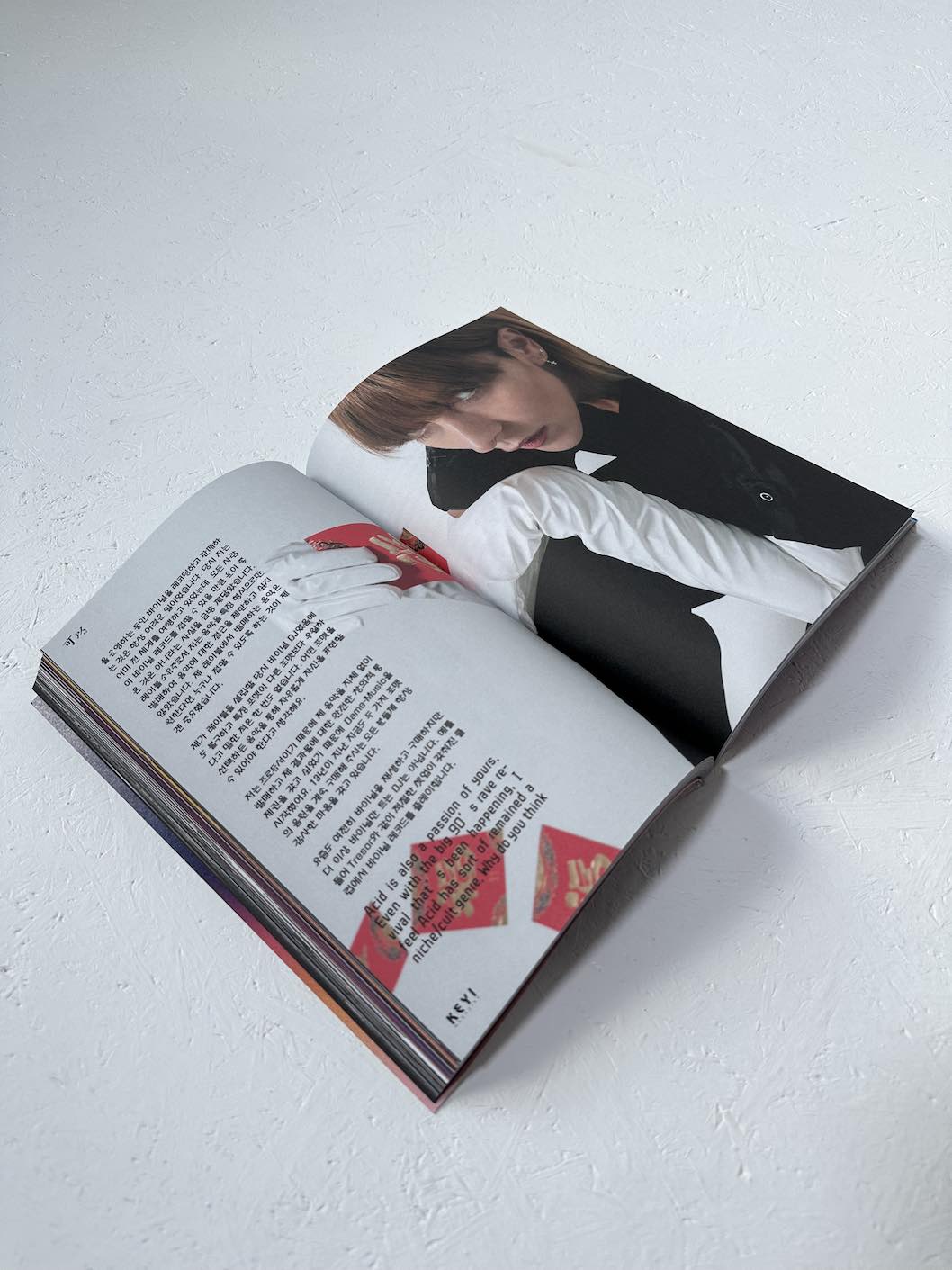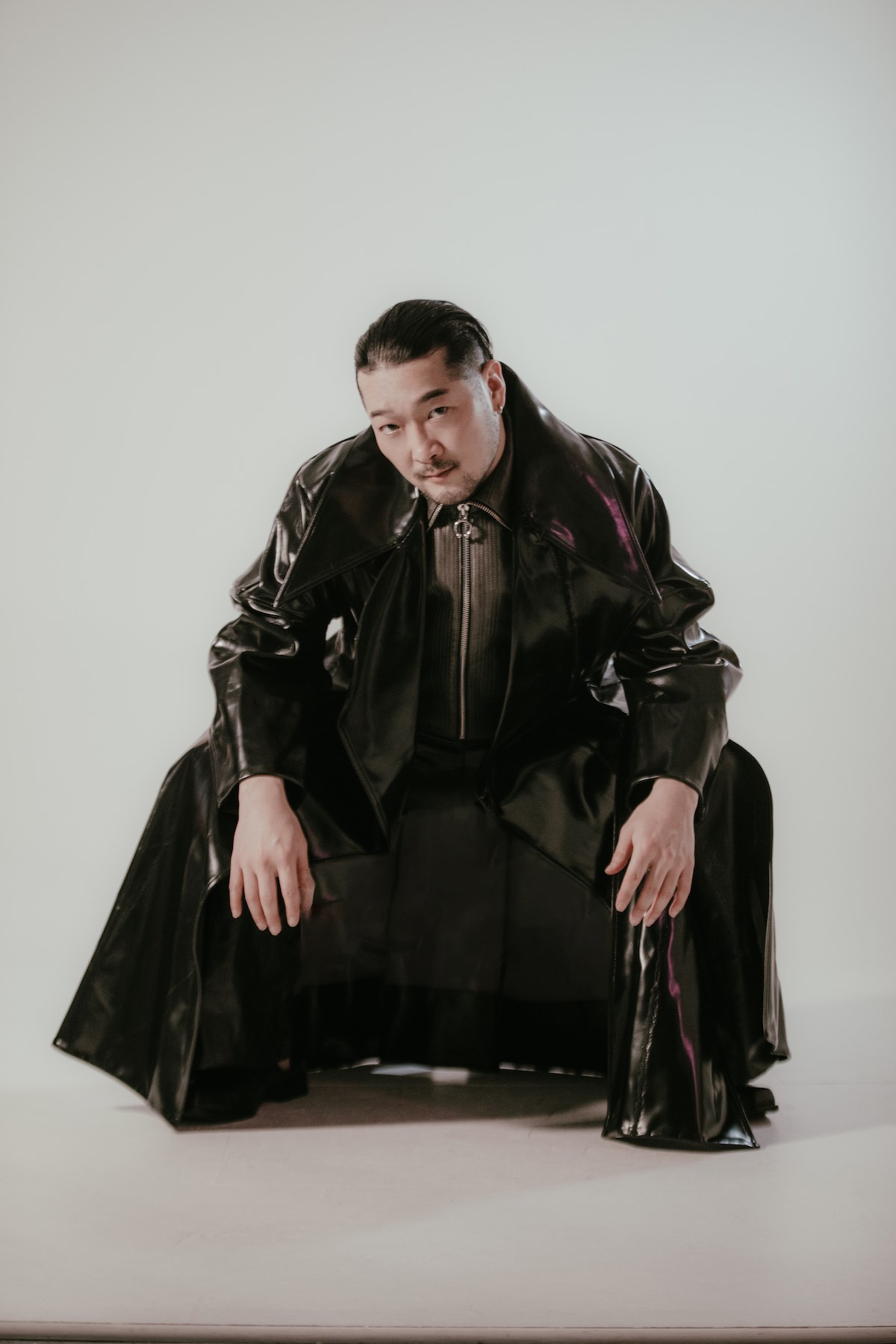A pivotal figure in the Korean music scene, Marcus L is at the forefront of championing the local sound and encapsulating the rich cultural essence that accompanies it.
Marcus L’s artistic journey is deeply rooted in his early fascination with Seoul’s club culture, which sparked a relentless quest for exploration and innovation. His musical palette spans across deeper techno, industrial beats, trance melodies, and nostalgic 90s classics, promising an immersive dance experience for all.
Having embarked on transformative musical expeditions in England and Berlin, Marcus L returned to Seoul in 2014, where he laid the foundation for the renowned label ‘@Ameniia Records’ and established Kammer Radio & Records (Store). As the proprietor of Faust, a prominent club in Asia, Marcus L offers a vital platform for global artists, further amplifying his forward-thinking vision of dance music across all spheres.

What do you think shaped you musically the most if it comes to your origin?
As a member of a generation that grew up in a fast-growing city and a cascade of cultures, growing up in a competitive culture during my childhood exposed me to many different types of music, from classical music to gangsta rap music. Although I played classical guitar and piano, I also hummed hip-hop music with my friends, so it can be said that the influence of those around me and the media greatly influenced me musically.
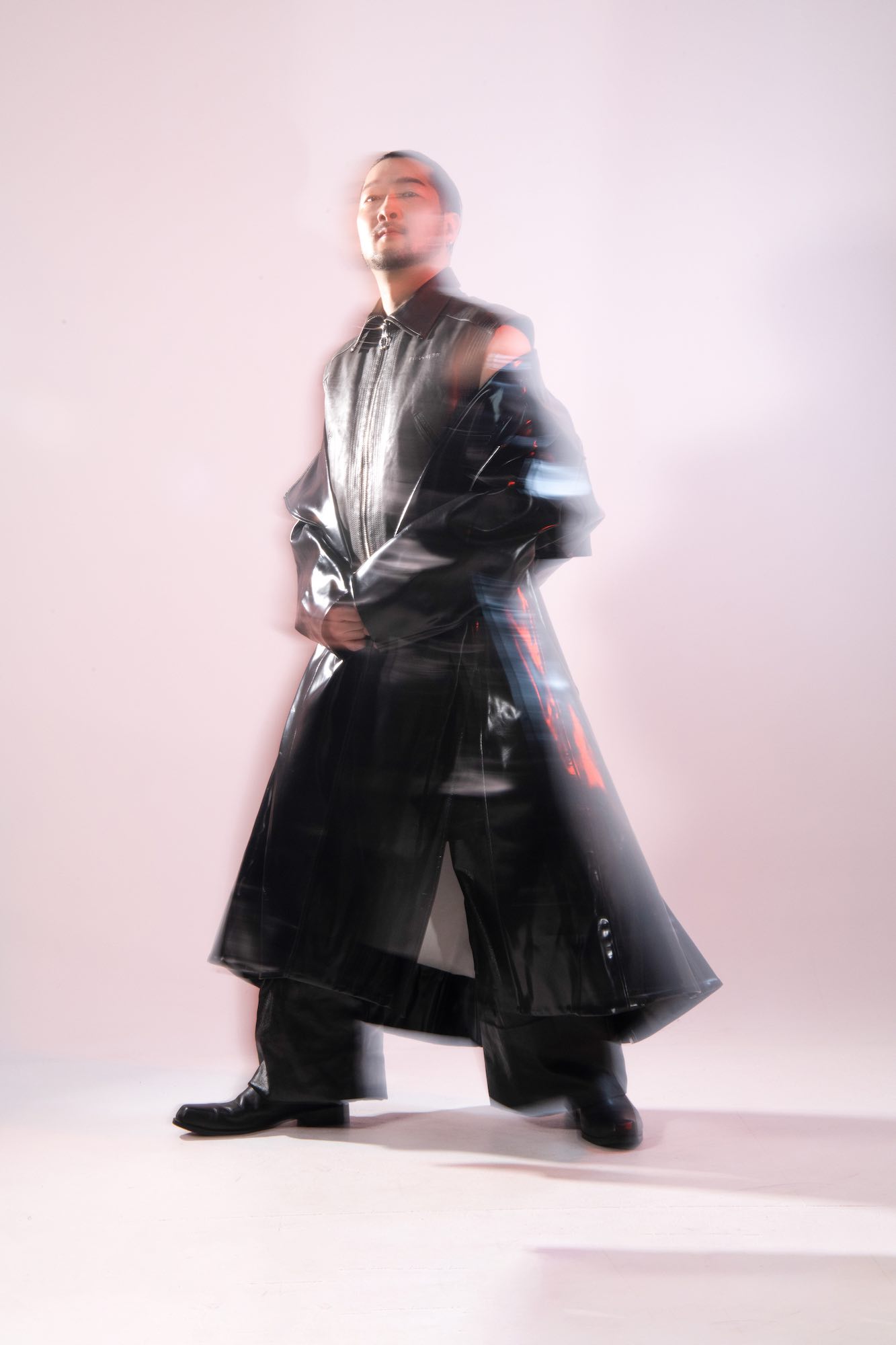
What was it like growing up in South Korea?
The history of Korean underground music is not that long compared to Europe or other Western countries. In particular, young artists of that era seem to have faced a lot of difficulties due to geographical and language barriers. Also, it was a time when I was more influenced by the United States than Europe, so when I was a teenager, I listened to B-BOY and RAP music, rode a skateboard, and carried a bag full of illegal graffiti spray.
Despite very limited access to electronic music, I was lucky enough to have both living in the UK and living in Berlin in my early twenties contributed to my musical career.

How would you describe your musical style? You are also working on the new alias … can you share with us some insights?
These days, I am focusing on working on this album because I have a deep desire to show a slightly different direction and more diverse music rather than a new nickname. Recently, many talented composers are emerging. Although it is a very desirable phenomenon, there are times when I worry that it may be too one-time. That’s why I felt that now was the time to have the courage to jump off the treadmill by presenting music based on the musical tastes and roots of youth, rather than always with the same composition, form, and formalized music.
We remember your intense & powerful mix for BOILER ROOM x Intrepid Skin – the label of the SPFDJ. It was a great evening! How do you approach mixing for big events like that? How do you prepare your playlist so that it becomes immortal and universal? Or are you a person who likes to base on a bigger selection of tracks and improvise?
I tend to decide in advance the mood I want to express and convey, put the tracks that go well with it in a folder, and then play spontaneously. At that time (of course still) the experience of playing music in front of a camera was a very unfamiliar experience for me. I couldn’t pay attention to the camera. Even though it was a big event, I tried to keep my mind at ease by thinking that I was playing music in the club that I felt comfortable in.
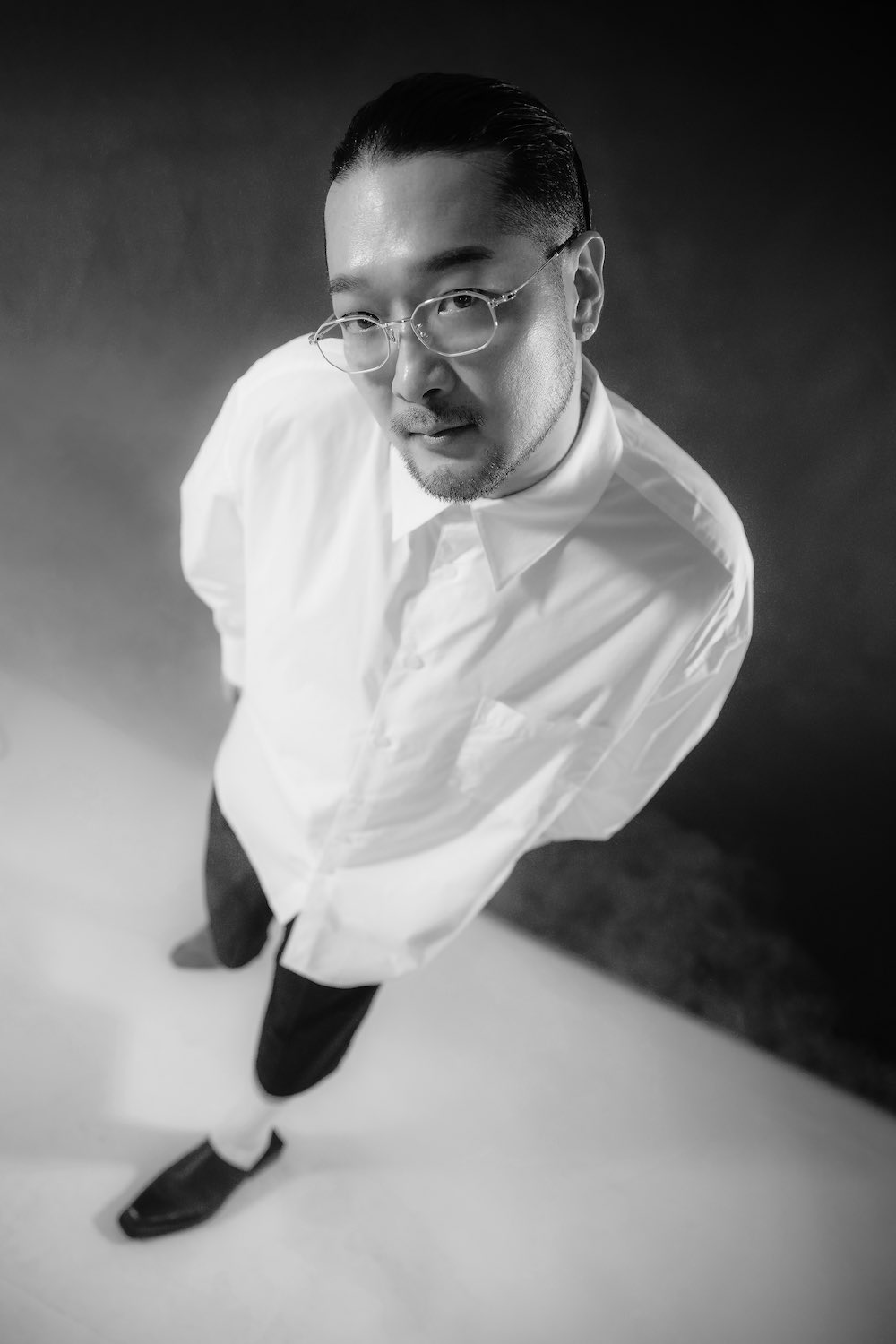
When did you come up with the idea of creating the FAUST and what was the concept you started with?
A few years before FAUST, I was throwing illegal parties in the city not announcing the venue in public given directly to the attendances. Then I had in mind, it would have been better to have an actual venue to spread good music out. After a few illegal events, I had a tiny venue called “Kammer”, it was known as the “smallest, hottest, sweatest” venue in town. Then the building owner asked for more rent as it’s going well.
Meanwhile, there was my same-aged friend who was not into any electronic music interests but more into reggae. He attended a few events and heard about “Kammer” getting kicked out. Then he asked me to open a venue together that I really wanted to do in a safe place. That’s how it all started 11-12 years back.
At that time Seoul’s electronic scene was not very versatile, music-wise and it was not so often to see international acts but local acts were very active. So my idea was not to limit ourselves to specific musical genres, cause there was so much music we could introduce.
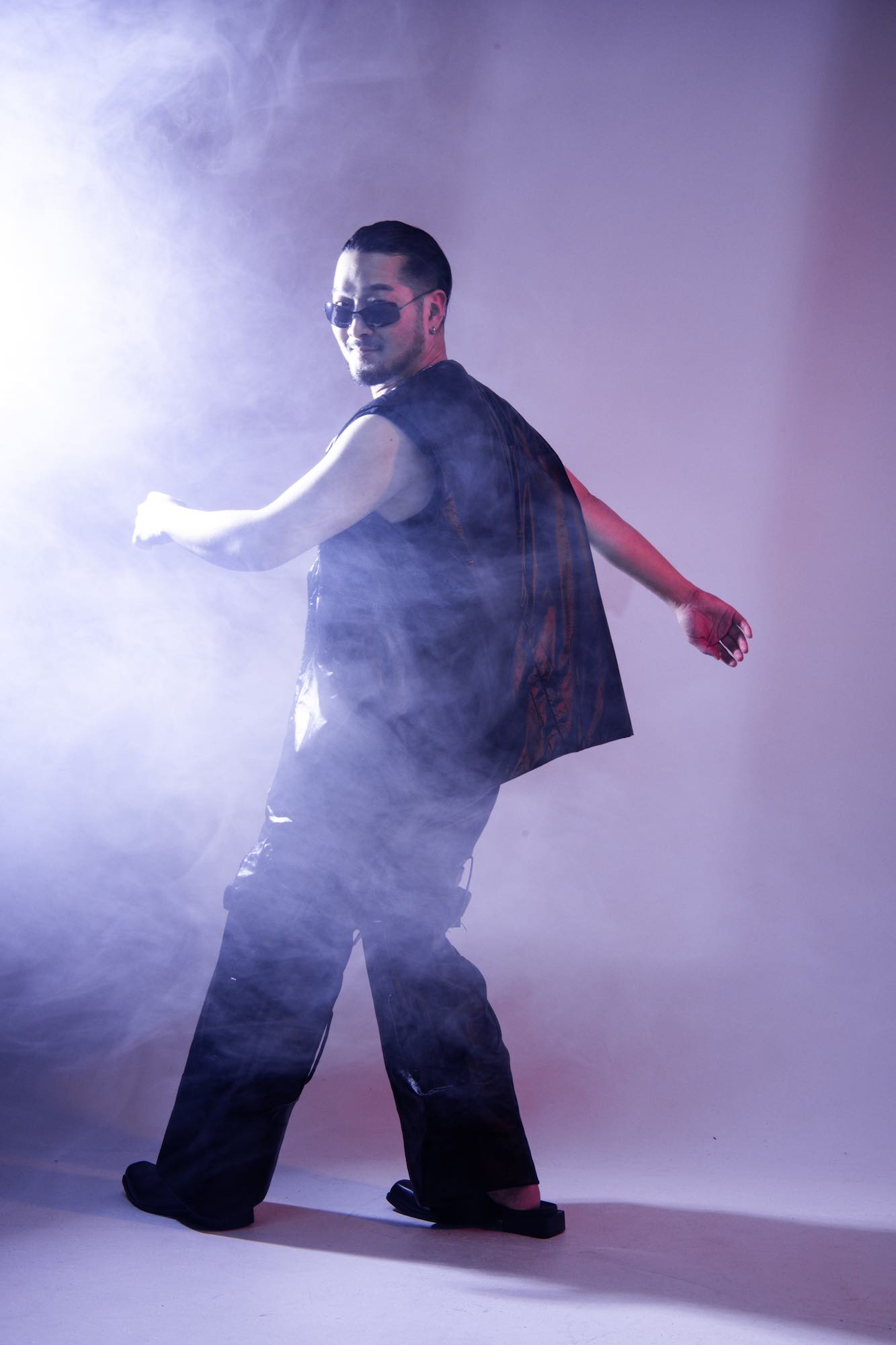
Being a club owner is a privilege but also a lot of responsibilities. What would you suggest/recommend to the aspiring club owners to bring their place to the next level?
Oh, I never thought it was a privilege but a lot of responsibilities yes. I was struggling myself as an artist & businessman.
My suggestion to step up would be ” do not trap yourselves” and ” take action when a brilliant idea comes “.
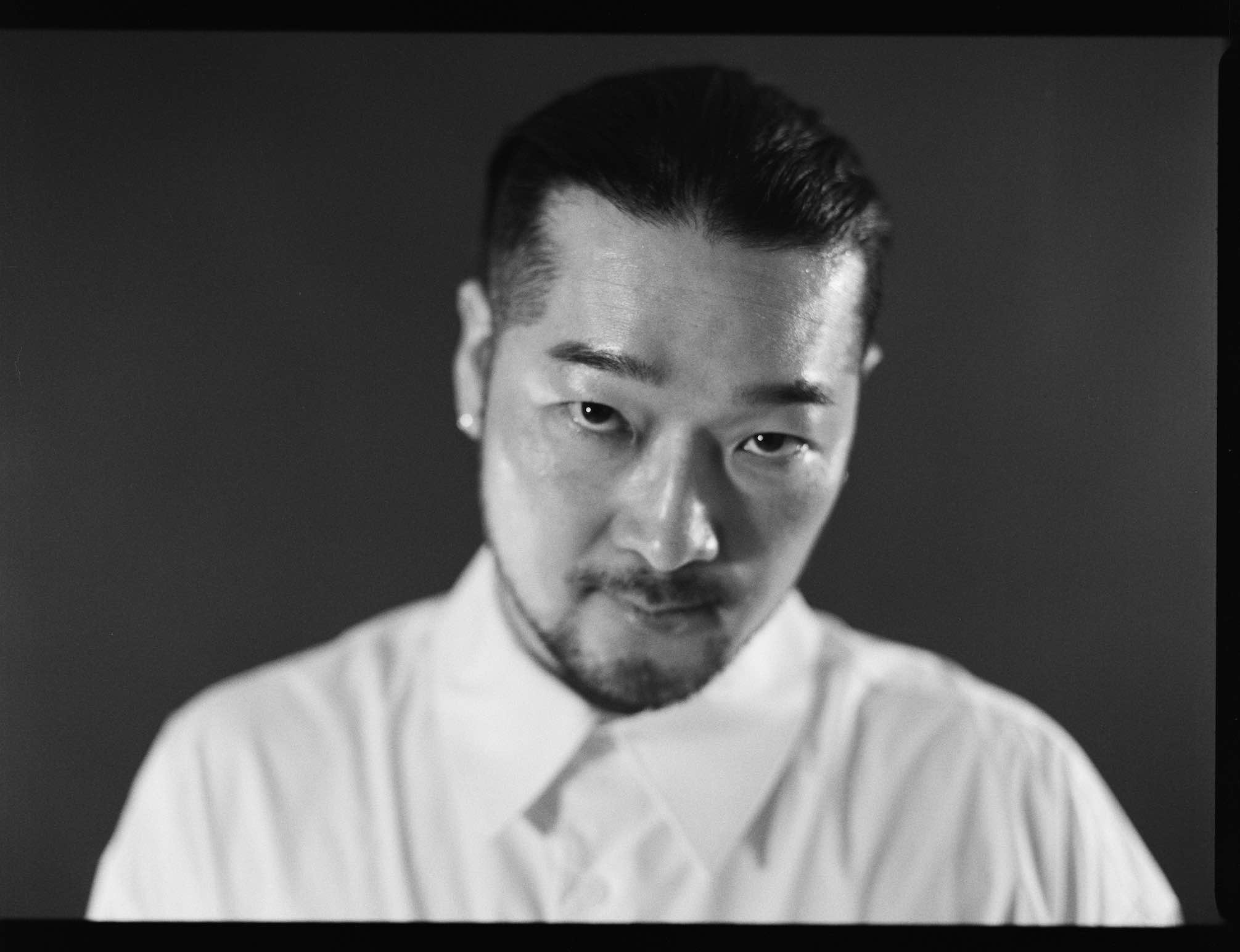
How do you work on music selection for your place and choosing the residents? Who are your favorite artists you book regularly?
Musical diversity, humble and experienced ones. We have seven local resident DJs and they are all “producers”, this makes a whole different story. Well, we had quite many names who are with us regularly like BORIS.
Which is your favorite travel destination if it comes to searching for inspiration?
Destination is not important to me, wherever there are galleries and exhibitions, no matter modern or classic. Different forms of art pieces speak to me with much inspiration.
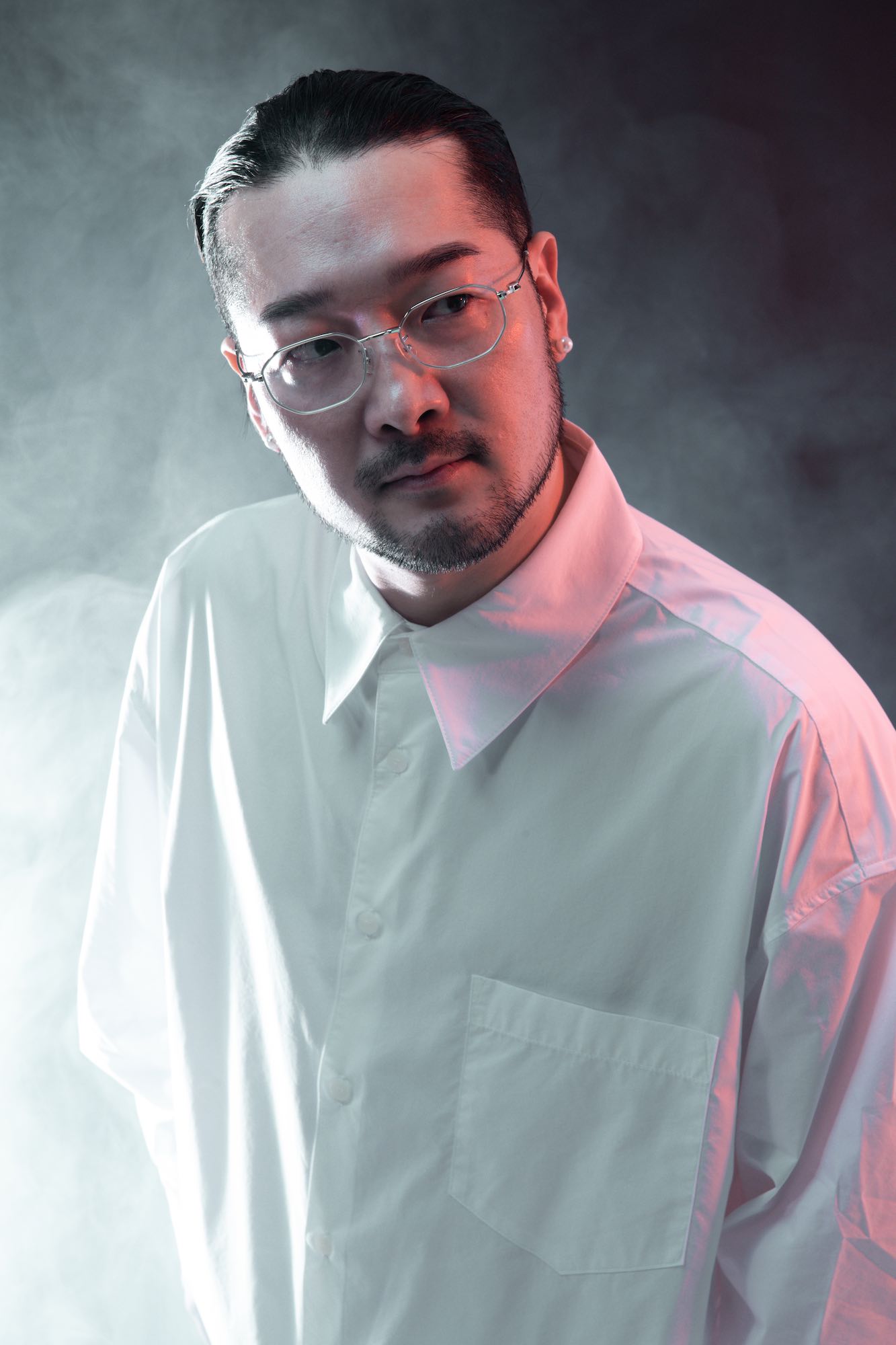
Have you ever been shocked at an event? Have you ever experienced becoming a different person after a party? You mentioned you had transformative musical expeditions in England and Berlin, how was that?
Perhaps it was because of the experience of constantly listening to music in the same category that I was trapped without realizing it. At some point, like getting bored with the food I always ate, the desire to pursue something new within me awakened me, and as a result, I had time to put the music down for a while and think. Is a DJ really an artist? What kind of person will I be remembered as? This time of exploration was difficult for me, but I thought of it as a process and tried to wake myself up more, so I can say that it is much easier and relaxed now. There is a Korean proverb that goes, “When a tiger dies, it leaves behind its skin, and a person leaves behind a name.”
If you could change something about the club culture, what would it be?
I don’t think that changing “this” piecemeal will change the club culture. I believe that fear and selfishness in a rapidly changing world limit organic growth in the current club culture. These days, the connection between the new generation and the existing generation is considered very important. I hope that my love for humanity will be revived even more.
pictures by @KEYISTUDIO / www.keyi.eu
